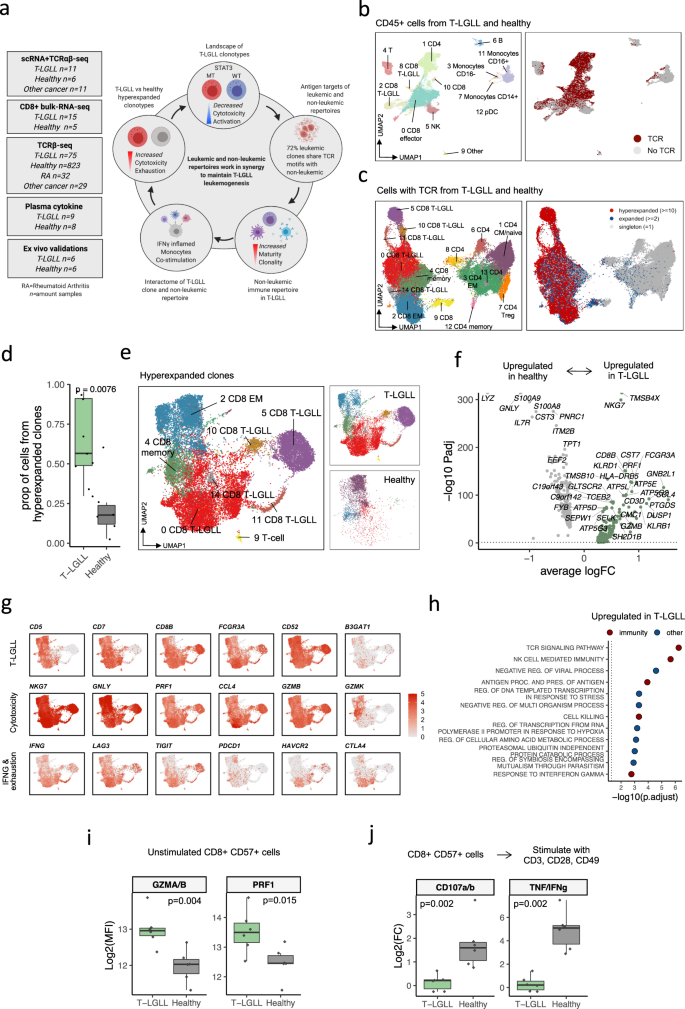新たな治療薬が薬剤耐性変異体を克服する可能性 Emerging therapeutics could overcome drug-resistant variants
2022-04-11 ノースウェスタン大学
・進化を続けるSARS-CoV-2ウイルスは、モノクローナル抗体療法などのかつての有望な治療法を回避し始めたため、研究者はこの「おとり」ナノ粒子への関心を高めている。
・デコイナノ粒子は、通常の細胞を模倣して、スポンジのようにウイルスを吸い上げ、体内の他の部分への感染を抑制する。
・ノースウェスタン大学の合成生物学者は、デコイナノ粒子を効果的かつウイルスに逃げられないようにするために必要な設計ルールを明らかにすることに着手した。研究者たちは、さまざまな種類のデコイを設計し、テストした結果、オリジナルのウイルスや変異型ウイルスに対して非常に有効な、さまざまな方法で製造可能なデコイを特定した。
<関連情報>
- https://news.northwestern.edu/stories/2022/04/decoy-nanoparticles-trick-coronavirus-as-it-evolves/
- https://onlinelibrary.wiley.com/doi/full/10.1002/smll.202200125
SARS-CoV-2感染抑制のための細胞由来ベシクルの設計指針を明らかにする Elucidating Design Principles for Engineering Cell-Derived Vesicles to Inhibit SARS-CoV-2 Infection
Taylor F. Gunnels,Devin M. Stranford,Roxana E. Mitrut,Neha P. Kamat,Joshua N. Leonard
Small First published: 07 April 2022
doi.org/10.1002/smll.202200125

Fig.1 効果的なデコイ小胞の設計には、設計上の重要な選択を評価する必要があります。ヒトの細胞は、ウイルスを中和し、感染を抑制するEVを放出するように設計されるかもしれない。ここでは、SARS-CoV-2のデコイ小胞による感染阻害の有効性に一般的な設計の選択がどのように影響するか、また、この阻害はウイルスが逃げるような変異に対してどの程度頑健かについて、重要な未解決問題を調査している。
Abstract
The ability of pathogens to develop drug resistance is a global health challenge. Severe acute respiratory syndrome coronavirus 2 (SARS-CoV-2) presents an urgent need wherein several variants of concern resist neutralization by monoclonal antibody (mAb) therapies and vaccine-induced sera. Decoy nanoparticles—cell-mimicking particles that bind and inhibit virions—are an emerging class of therapeutics that may overcome such drug resistance challenges. To date, quantitative understanding as to how design features impact performance of these therapeutics is lacking. To address this gap, this study presents a systematic, comparative evaluation of various biologically derived nanoscale vesicles, which may be particularly well suited to sustained or repeated administration in the clinic due to low toxicity, and investigates their potential to inhibit multiple classes of model SARS-CoV-2 virions. A key finding is that such particles exhibit potent antiviral efficacy across multiple manufacturing methods, vesicle subclasses, and virus-decoy binding affinities. In addition, these cell-mimicking vesicles effectively inhibit model SARS-CoV-2 variants that evade mAbs and recombinant protein-based decoy inhibitors. This study provides a foundation of knowledge that may guide the design of decoy nanoparticle inhibitors for SARS-CoV-2 and other viral infections.


